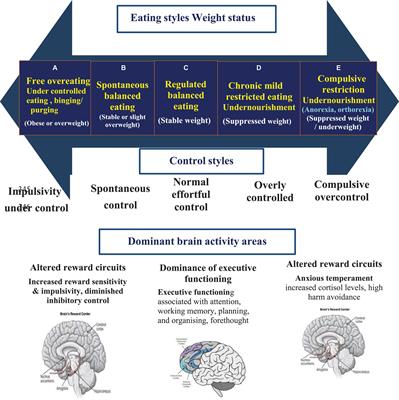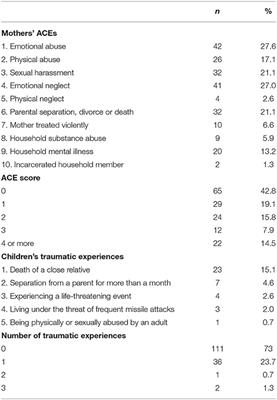EDITORIAL
Published on 01 Dec 2022
Editorial: Affective self-regulation and mental disorders: A transdiagnostic disposition in psychopathology
doi 10.3389/fpsyt.2022.1053988
- 912 views
4,353
Total downloads
20k
Total views and downloads
EDITORIAL
Published on 01 Dec 2022
ORIGINAL RESEARCH
Published on 09 Aug 2022

ORIGINAL RESEARCH
Published on 20 Jun 2022

BRIEF RESEARCH REPORT
Published on 13 May 2022

ORIGINAL RESEARCH
Published on 17 Mar 2022

ORIGINAL RESEARCH
Published on 03 Dec 2021

